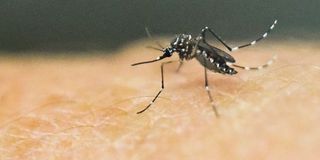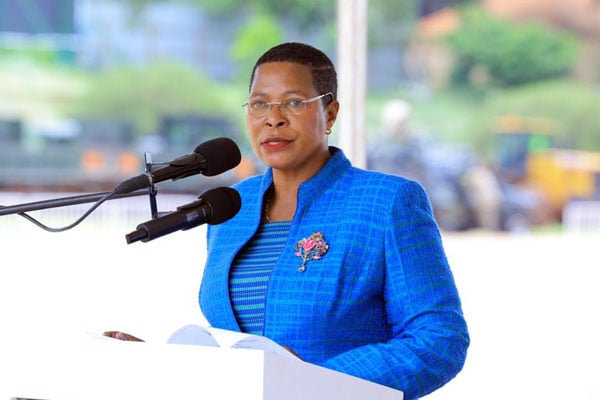Malaria vaccine offers hope

What you need to know:
- The issue: Malaria vaccine
- Our view: ...it is the first regulator approved vaccine against malaria and offers hope, especially if used alongside existing preventive measures.
Last week, the world’s first malaria vaccine was rolled out in parts of Kenya. The vaccine – known as RTS, S – had previously been released in Ghana and Malawi and will now be added to the new routine vaccination schedule with more than 300,000 children expected to receive the vaccine over the next three years.
The release of this vaccine is good news especially for countries in sub-Saharan Africa that have high prevalence of malaria which kills more than 400,000 people globally every year. This vaccine has thus been rightly welcomed as a potential game-changer in containing malaria.
The pilot programme being implemented by the Health ministries in Ghana, Kenya and Malawi in coordination with the World Health Organisation (WHO) is meant to evaluate the feasibility of delivering the required doses.
Though in clinical trials the vaccine offered only 40 per cent protection thus the need to be given in a four-dose schedule, it is the first regulator approved vaccine against malaria and offers hope, especially if used alongside existing preventive measures.
As Dr Seth Berkley, CEO of Gavi noted, “these pilot programmes will be crucial to determine the part this vaccine could play in reducing the burden this disease continues to place on the world’s poorest countries” where more than 250,000 deaths of children are registered in Africa every year because of malaria.
These malaria numbers place an overwhelming burden on families and countries. In Uganda, malaria cases have in the last few months registered a rise. Last month, the Health ministry released a statement confirming reports from some districts that had reportedly registered a sharp rise in malaria cases. The ministry says there has been a 40 per cent increase in Malaria cases from 1 million in June 2018 to 1.4 million cases in June 2019.
While the ministry has put in place preventive measures and other interventions to control malaria, the country continues to grapple with the disease due to various challenges such as seeking treatment too late, difficulty in accessing health facilities/personnel or medication, not taking complete dosage of malaria medicine as advised by the health worker, self-medication and sharing of medicine, among others.
Uganda, like other countries, is doing a lot to control malaria and reduce its overall burden on families and the country at large. But huge challenges remain; that is why we need all options, including the new vaccine, to fight Malaria.
Our commitment to you
We pledge:
• To be accurate and fair in all we do.
• To be respectful to all in our pursuit of the truth.
• To refuse to accept any compensation beyond that provided by Monitor Publications Ltd. for what we do in our news gathering and decision-making.
Further, we ask that we be informed whenever you feel that we have fallen short in our attempt to keep these commitments.




